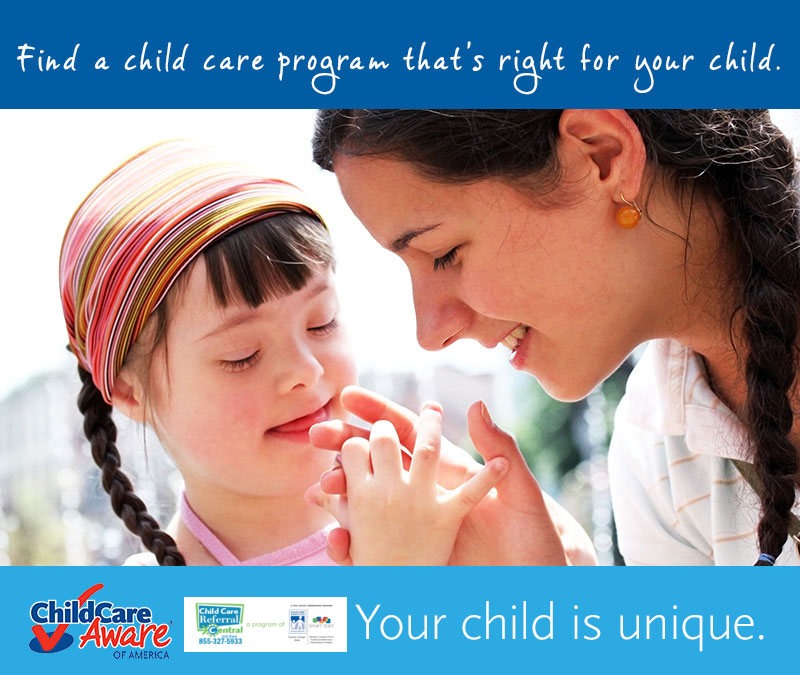By Katherine Toro Guerrero & Cecilia Gaytan Avila, Family Support PreK

Being an advocate means knowing how to ensure that your child gets the help he or she needs to be successful. For children who experience learning difficulties, it’s never too early to start looking for ways to help them succeed in learning. Even before formal schooling starts, there are things you can do to make sure your child gets help early so that learning can be a fun and productive experience.
The federal law, the Individuals with Disabilities Education Act (IDEA), guarantees certain rights to preschool children through your state’s Child Find program. Below are the first steps you should take if you suspect your child has difficulty learning:
✔Observe your child and start a log of the behavior you think suggests learning delays or difficulties.
✔Talk to your child about what you are observing. Try to learn more about the problems he or she appears to be having through play so that you can share specific examples with people who might be able to help. Be sure to enthusiastically praise your child’s successes and good effort often.
✔Talk to your child about what you are observing. Try to learn more about the problems he or she appears to be having through play so that you can share specific examples with people who might be able to help. Be sure to enthusiastically praise your child’s successes and good effort often.
✔Meet with your child’s pediatrician, bringing along your list of observations. Be open and honest about your concerns and don’t be afraid to ask questions like “Why is my child having trouble?” or “Is this something that will go away by itself?” or “Is this within the normal range of development?” Ask if developmental screenings are available; or if another medical professional (i.e., a neurologist) or an early childhood specialist (i.e., speech/language pathologist, psychologist, special educator) should evaluate your child. If you are concerned about your child’s progress, don’t wait to pursue further evaluation.
✔Ask the pediatrician or your local school district to make a referral to Child Find, or to the referring agency you should contact to arrange an evaluation for your child. An evaluation will provide you with the information you need to make important decisions and will determine whether your child could be eligible for early intervention or preschool services. Evaluation findings are strictly confidential. It is up to you to decide with whom the information is shared.
Preschool services are specially designed programs offered by public schools and community agencies that are available for eligible children with disabilities beginning at age three. Until age five, these services are voluntary-you can wait to decide whether you want to enroll your child in a program that provides special help.
Bring all information about your child that you think is relevant to meetings and evaluations. When speaking to doctors, therapists or school administrators be prepared to tell them your observations about your child.
Read more: https://www.ncld.org/
Please call the Durham PreK Information line for more information at 1-833-773-5338 or contact us via email at prek@childcareservices.org
More articles on Early Intervention:
Exceptional Children’s Assistance Center
Working Together to Support All Infants and Toddlers with Disabilities




